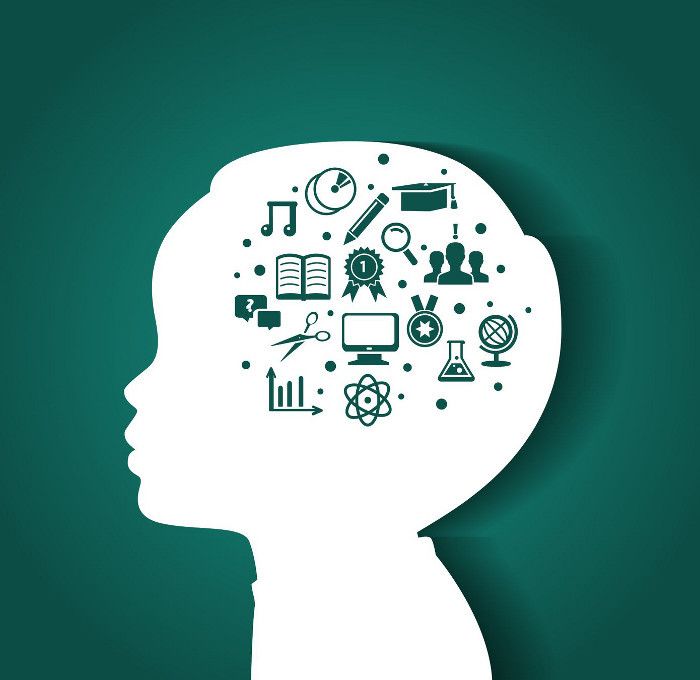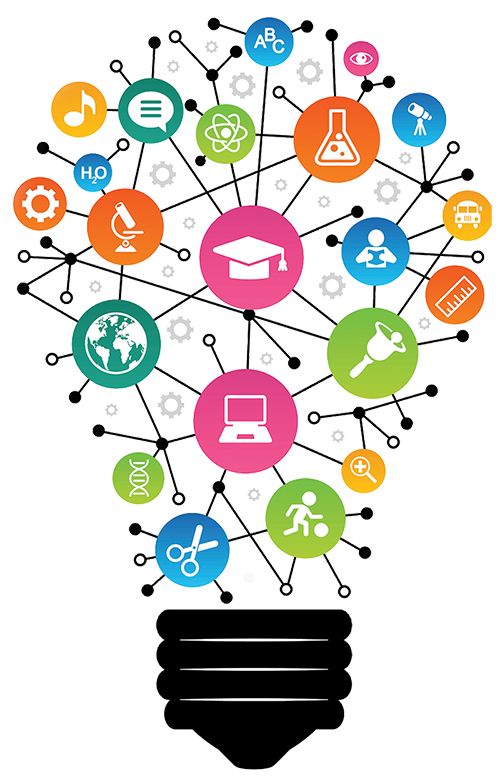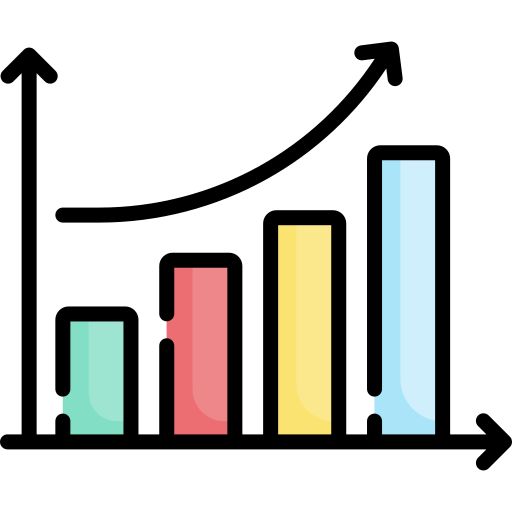Child and Youth Psychology - Dr. bouazid Tayeb - 2023-2024
Aperçu des sections
-
 This course offers advanced training in understanding the psychological development, behavior, and mental health of children and adolescents. This program integrates theoretical knowledge with practical skills to prepare students for careers in clinical practice, research, education, and advocacy focused on promoting the well-being of young people.
This course offers advanced training in understanding the psychological development, behavior, and mental health of children and adolescents. This program integrates theoretical knowledge with practical skills to prepare students for careers in clinical practice, research, education, and advocacy focused on promoting the well-being of young people. -

Lecturer: Dr. Bouazid Tayeb
Email: tayeb.bouazid@univ-msila.dz
-

Master one Students enrolled in Online Masters Program at Mohamed Boudiaf University of M'sila
-
 By the end of this course, students are expected to:
By the end of this course, students are expected to:- Comprehensive Understanding of Child and Adolescent Development: Develop a deep understanding of the biological, cognitive, emotional, and social development of children and adolescents, including the factors that influence developmental trajectories.
- Knowledge of Psychopathology in Children and Adolescents: Gain expertise in recognizing, assessing, diagnosing, and treating psychological disorders specific to children and adolescents, including mood disorders, anxiety disorders, neurodevelopmental disorders, and trauma-related disorders.
- Competence in Psychological Assessment and Intervention: Acquire proficiency in conducting comprehensive psychological assessments and evidence-based interventions tailored to the developmental needs of children and adolescents, with a focus on promoting mental health and well-being.
- Understanding of Family Systems and Dynamics: Develop insights into family dynamics, parenting styles, and family processes, and learn to collaborate with families to support child and adolescent development and address family-related challenges.
- Cultural Competence and Diversity Awareness: Recognize the influence of cultural, ethnic, socioeconomic, and other diversity factors on child and adolescent development and mental health, and develop cultural competence in working with diverse populations.
- Skills in School Psychology and Educational Interventions: Acquire skills in conducting psychoeducational assessments, implementing academic and behavioral interventions, and collaborating with educators to support academic success and socio-emotional development in educational settings.
- Trauma-Informed Practice: Understand the impact of trauma on children and adolescents, and develop trauma-informed assessment and intervention approaches to support young survivors of trauma and create safe and supportive environments.
- Research Proficiency and Evidence-Based Practice: Develop research skills in designing, conducting, and evaluating research studies relevant to child and youth psychology, and apply evidence-based practices in clinical and educational settings.
- Ethical and Legal Awareness: Understand the ethical principles, professional standards, and legal regulations governing the practice of child and youth psychology, and demonstrate ethical decision-making and professionalism in working with young clients and their families.
- Practical Experience and Professional Development: Gain supervised clinical practicum experience in diverse settings, and develop the skills and competencies necessary for professional practice, including communication, collaboration, and self-reflection.
-

-
-
Welcome to the Understanding Ourselves Forum, an extension of our recent Child and Youth Psychology lesson! This space is dedicated to delving deeper into how our own emotions, growth mindsets, and learning styles impact our interactions with children and youth.
-
-
Welcome to the Developing Self-Regulation Skills Forum, an extension of our recent Child and Youth Psychology lesson! This space is dedicated to exploring how we can support children and youth in mastering the art of managing their emotions, thoughts, and behaviors.
-
-
Welcome to the Understanding Motivation & Achievement Forum, an extension of our recent Child and Youth Psychology lesson! This space is dedicated to exploring the fascinating world of what ignites a child or youth's desire to learn, strive, and achieve.
